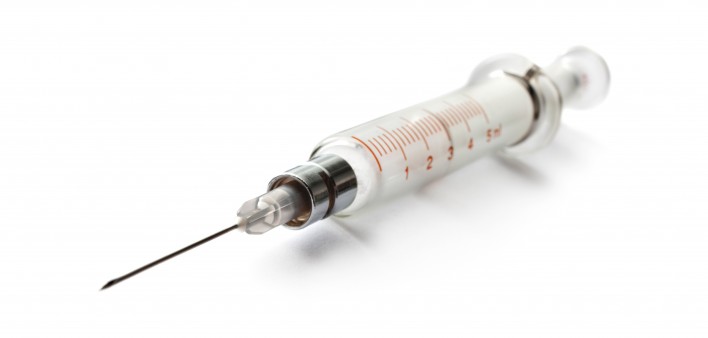Looking to understand what factors can help predict whether someone with hepatitis C virus (HCV) will later contract HIV, researchers analyzed data from the British Columbia Hepatitis Testers Cohort. This database includes information about all of the Canadian province’s 1.5 million residents tested for HCV or HIV between 1990 and 2013. The investigators tracked those who tested positive for HCV antibodies (a subsequent test for HCV’s genetic materials detects a chronic infection) to see whether they later tested positive for HIV.
Out of 36,000 people who tested positive for HCV antibodies but negative for HIV upon entering the cohort, 2,255 (6.2 percent) were later diagnosed with HIV during 266,000 cumulative years of follow-up. This translated to an HIV diagnosis rate of 0.82 percent per year. The annual HIV diagnosis rate was 1.07 percent among those who tested positive only for HCV antibodies and 0.82 percent among those who had a chronic hep C infection.
Overall, the HCV-positive individuals received their HIV diagnosis after a median 3.36 years. The time was shorter for those diagnosed only with HCV antibodies (2.78 years) compared with those with a chronic HCV infection (3.52 years).
Researchers found that the following factors were linked with an increased risk of testing positive for HIV among those with chronic HCV: being an injection drug user, having hepatitis B, being a man who has sex with men and living in an urban area. Undergoing opioid substitution therapy (OST, such as methadone treatment) and psychiatric counseling were associated with a respective 77 percent and 54 percent reduction in the risk of an HIV diagnosis.
The researchers concluded that providing OST and mental health services to those with hep C may reduce their risk of HIV.







Comments
Comments